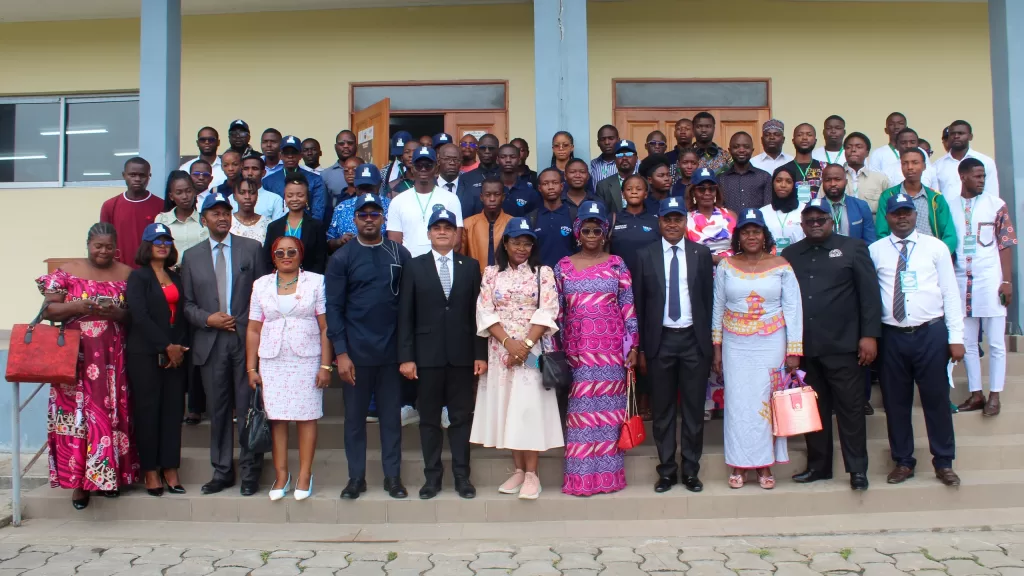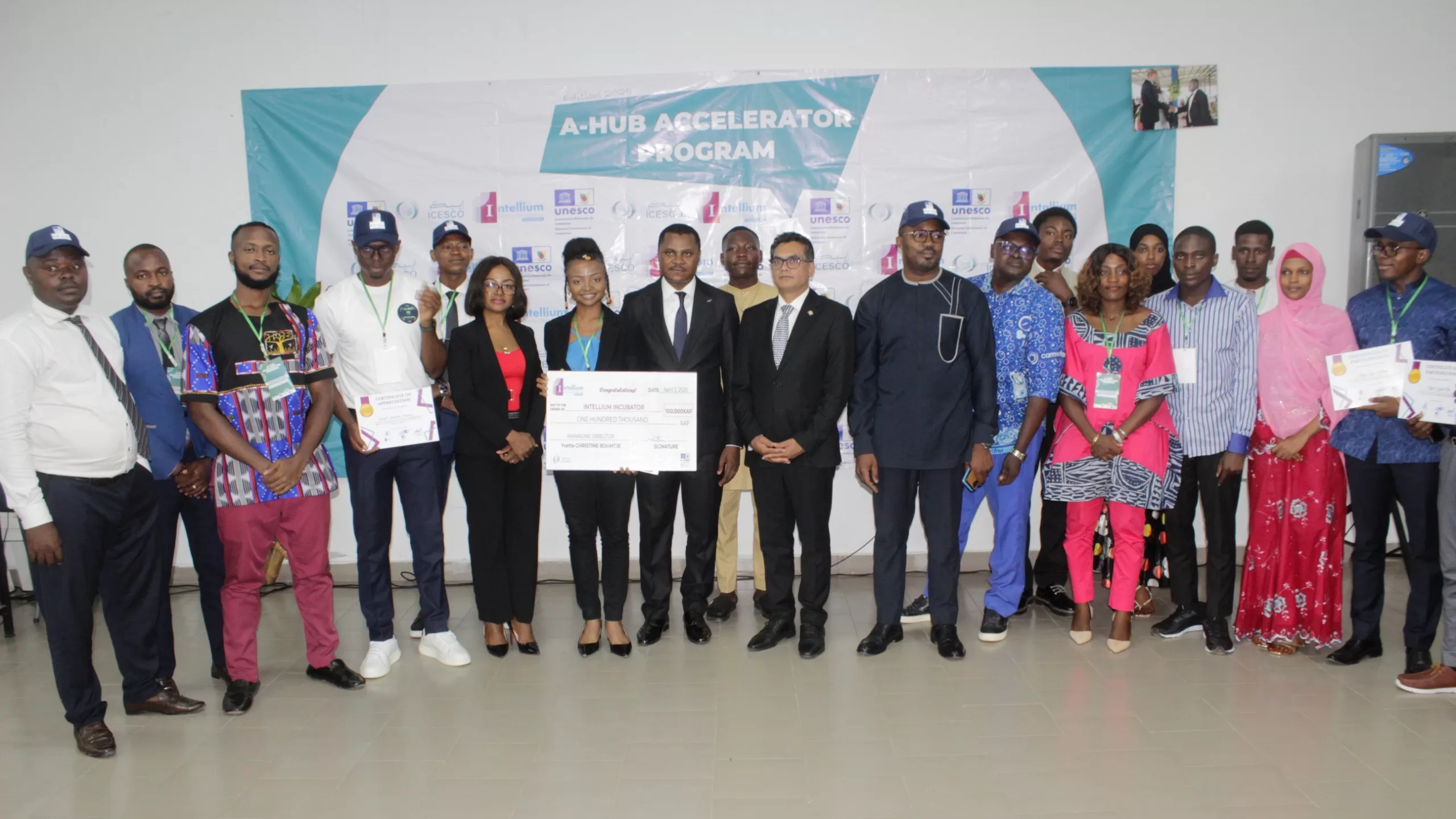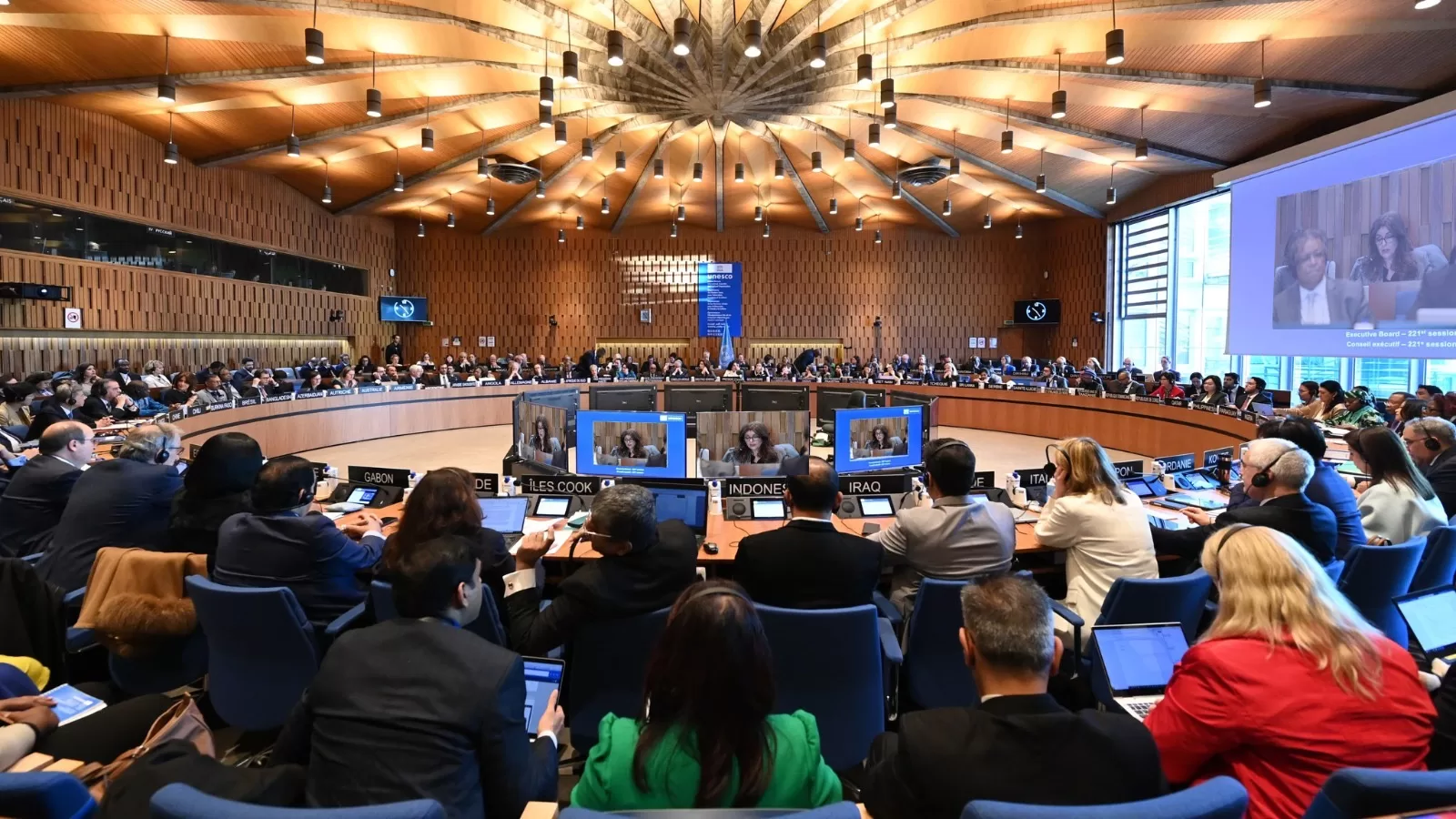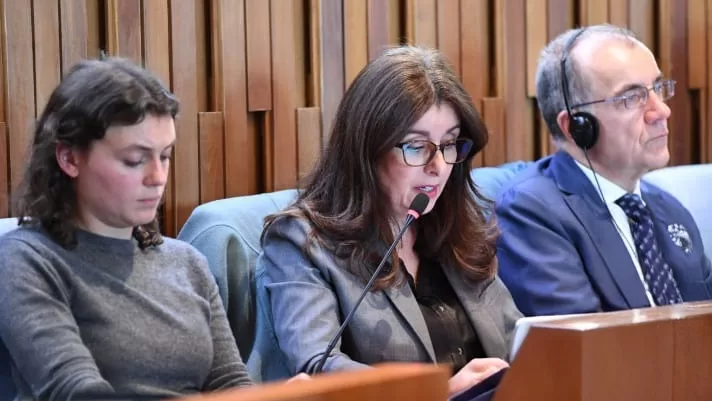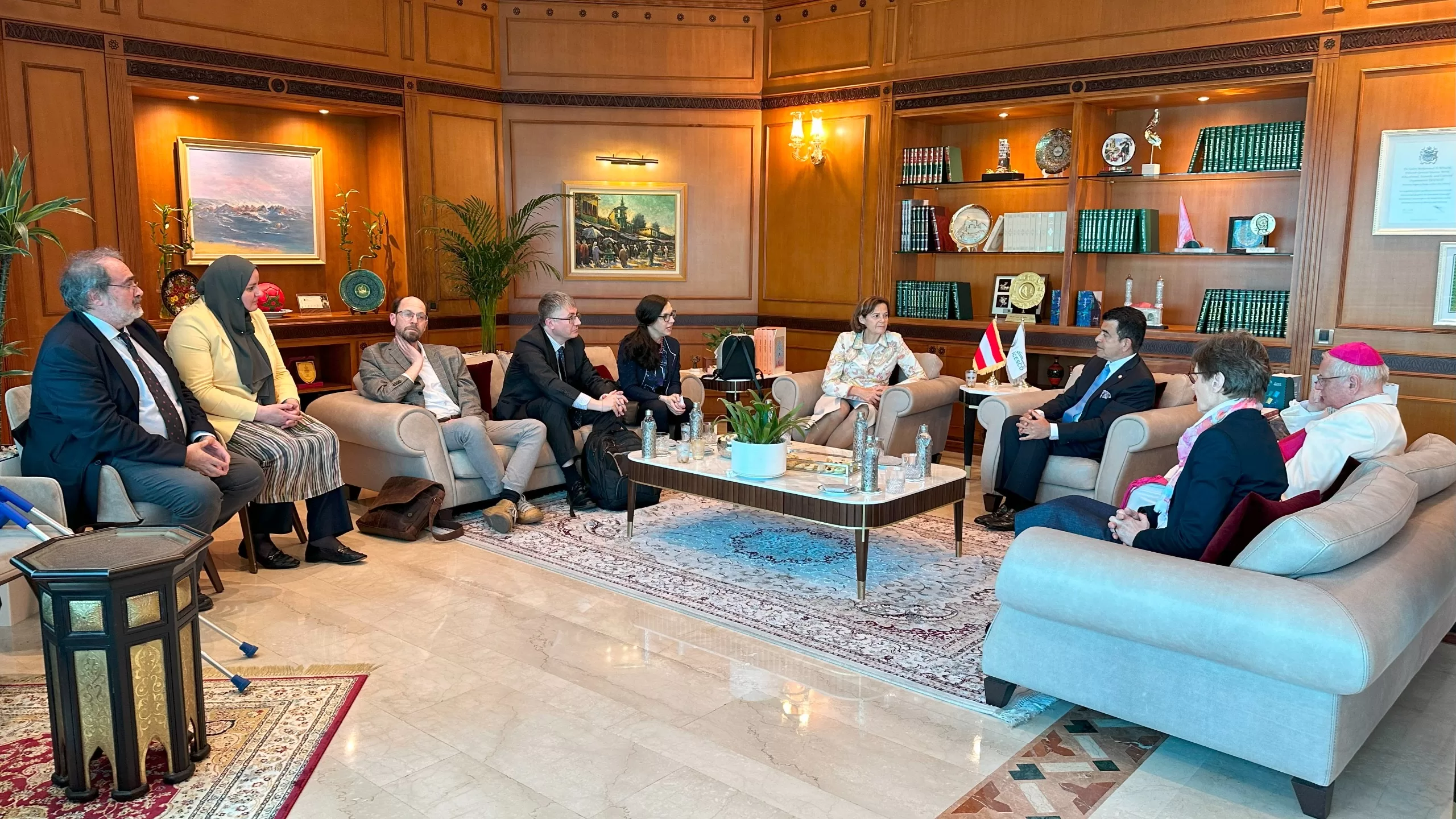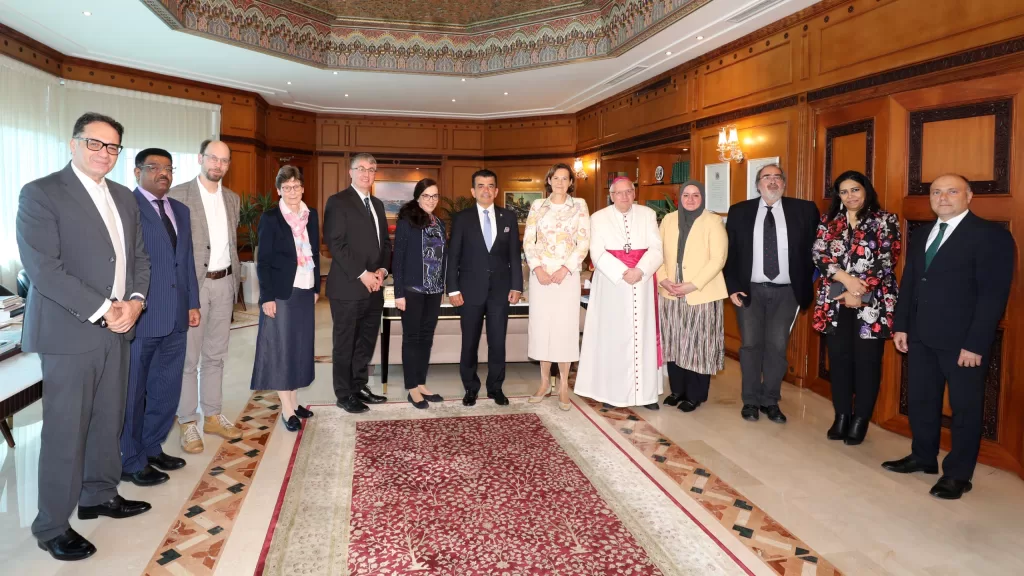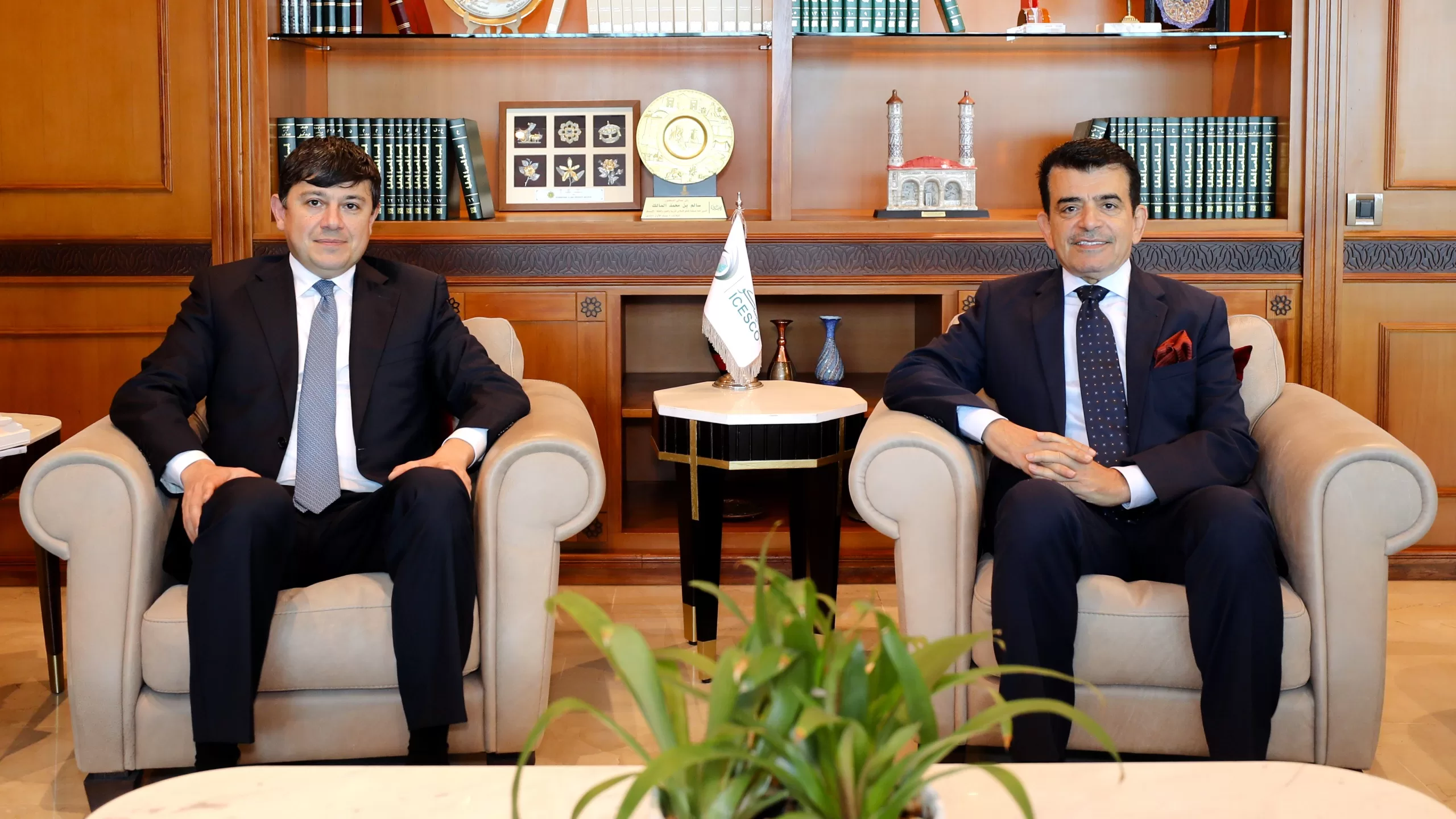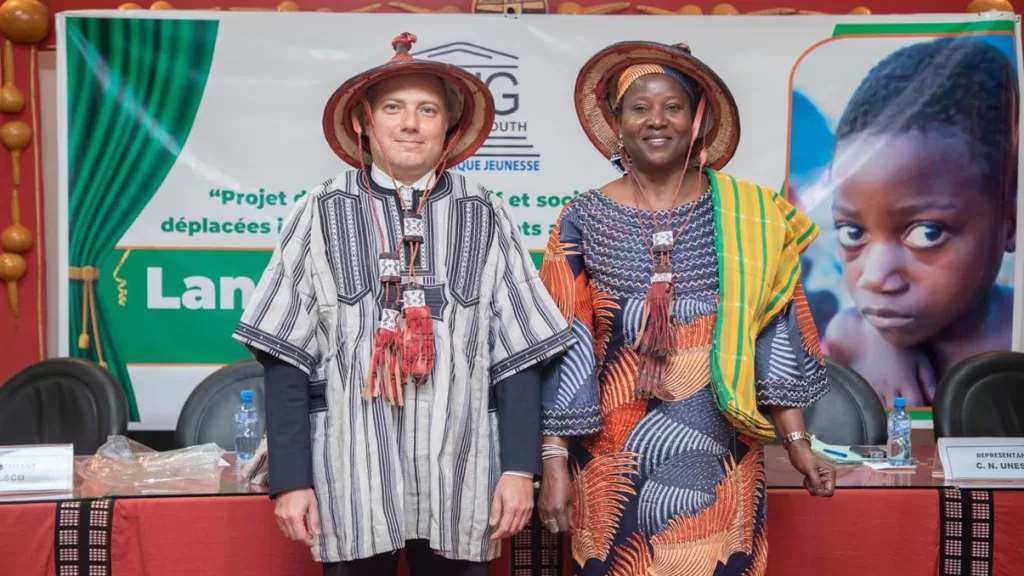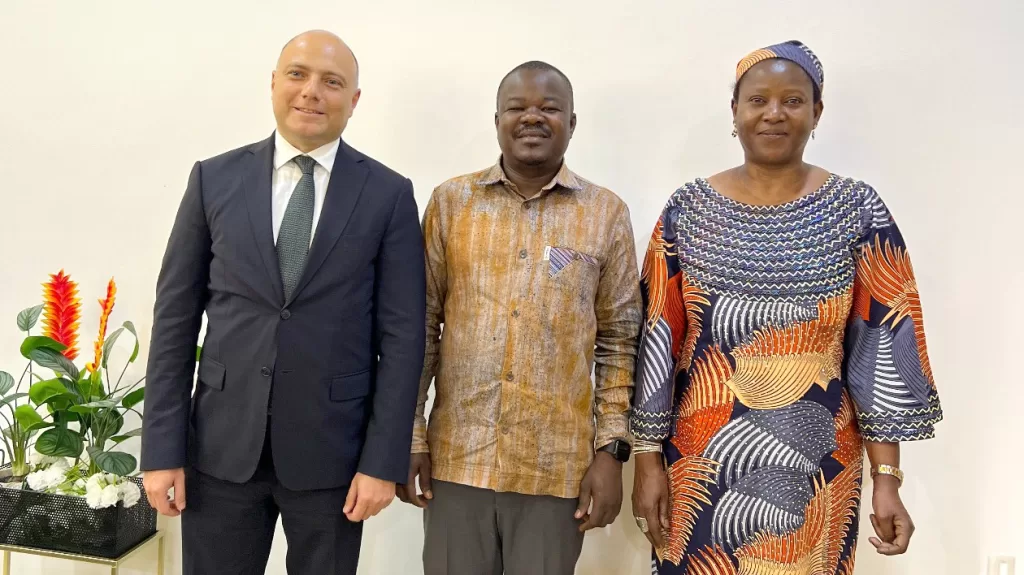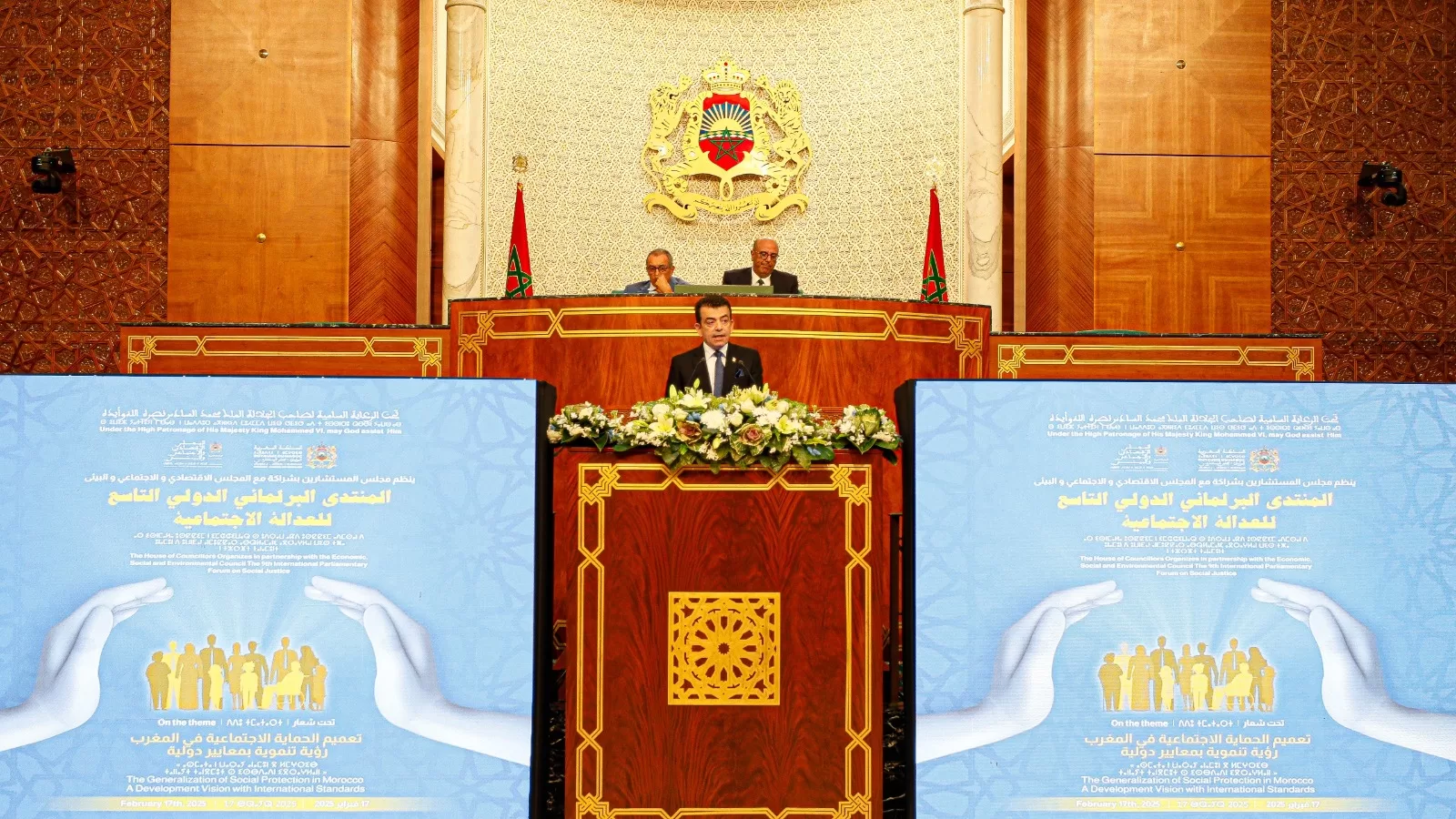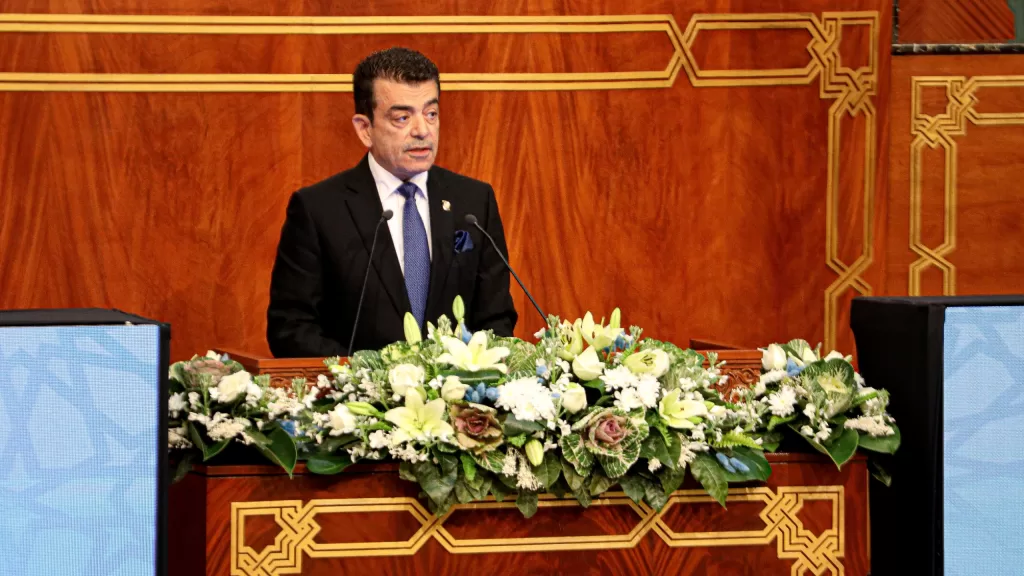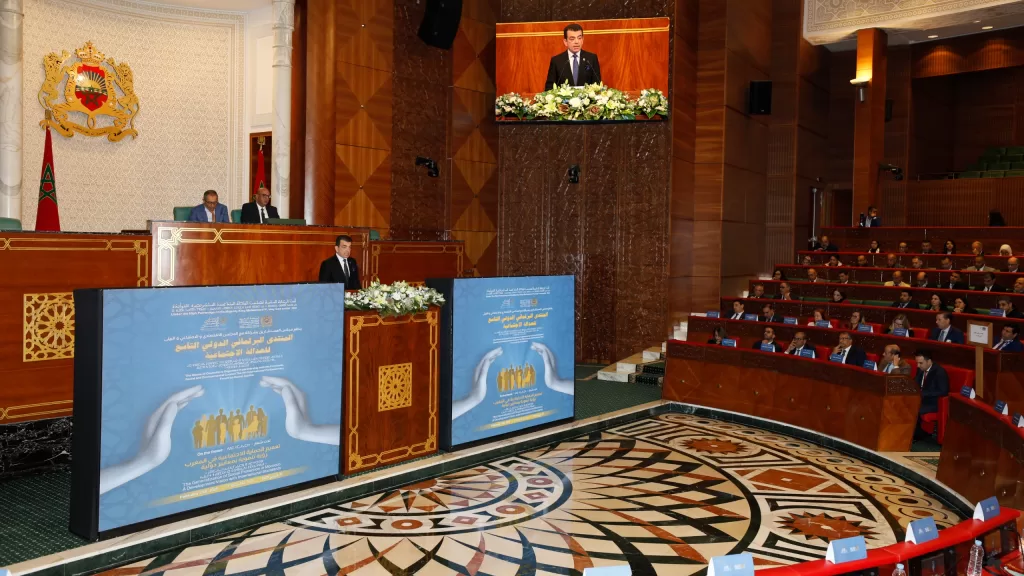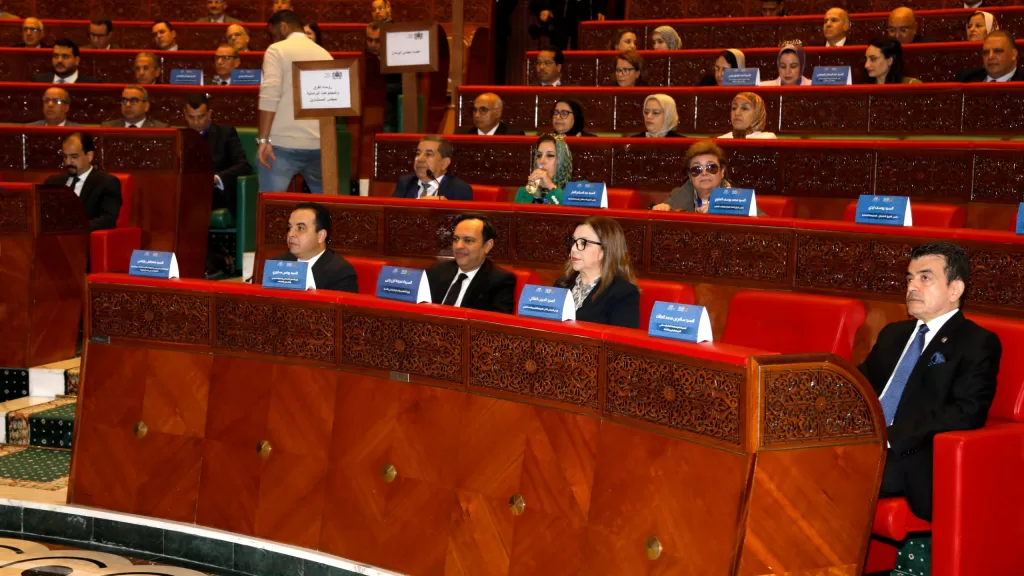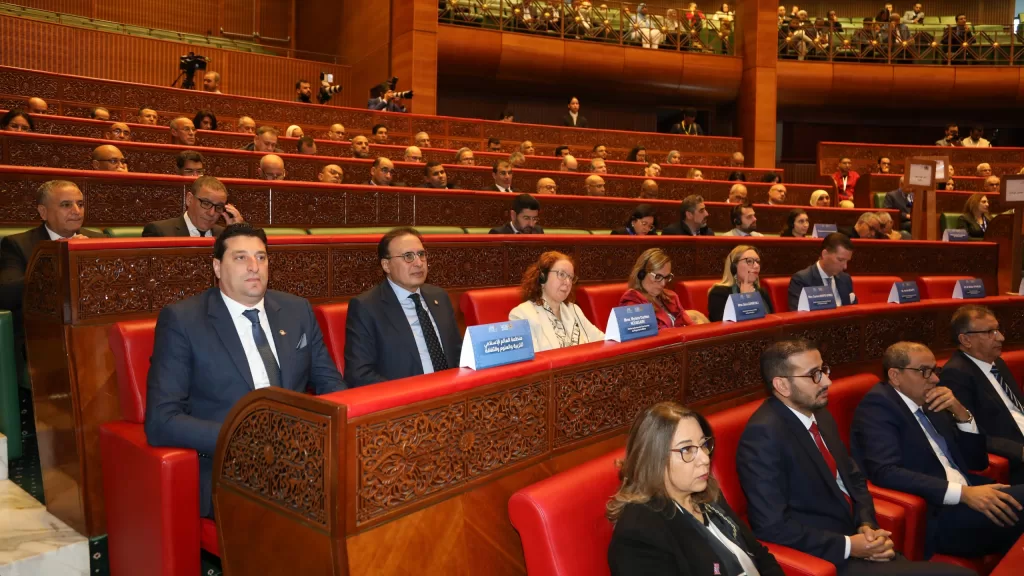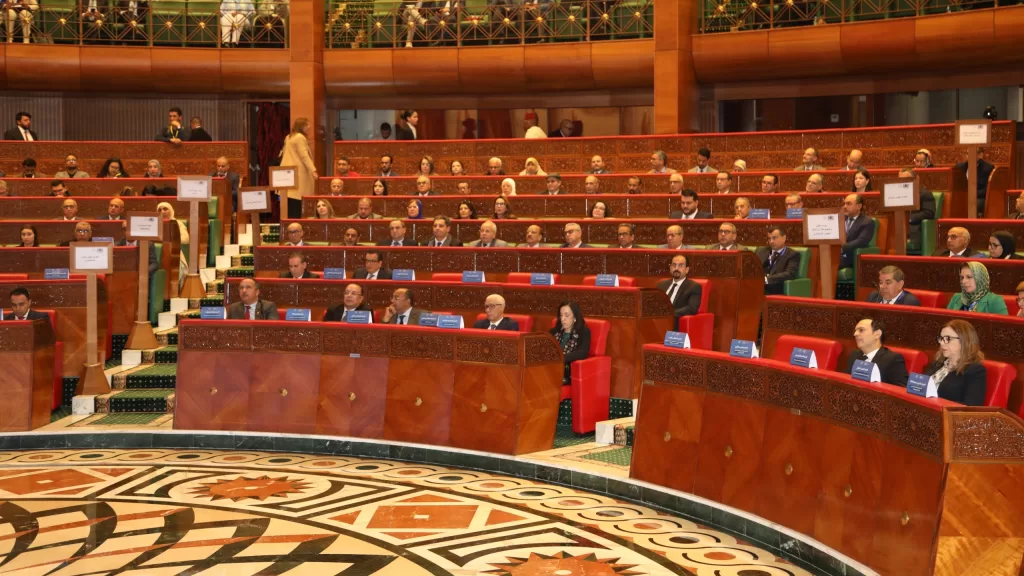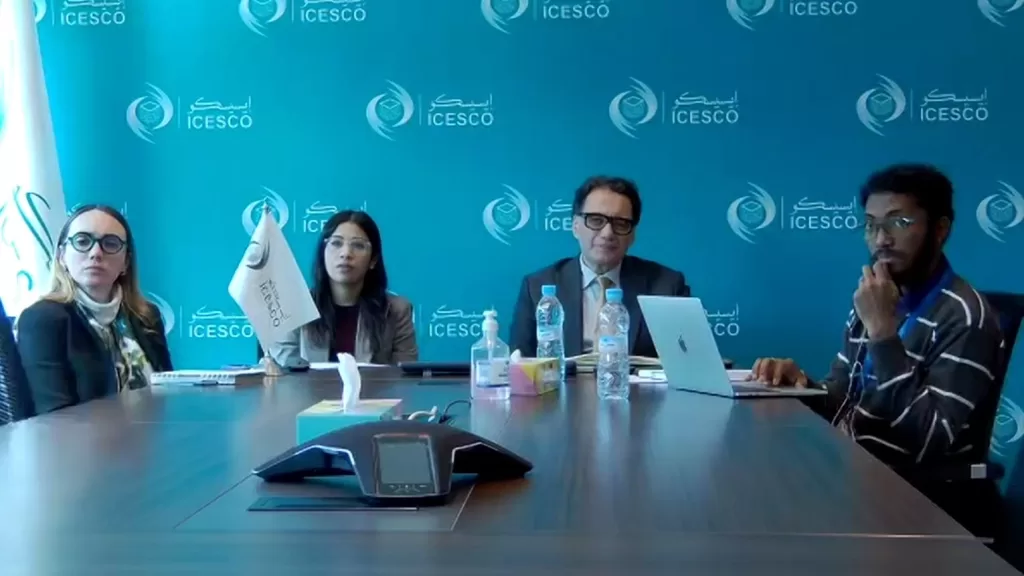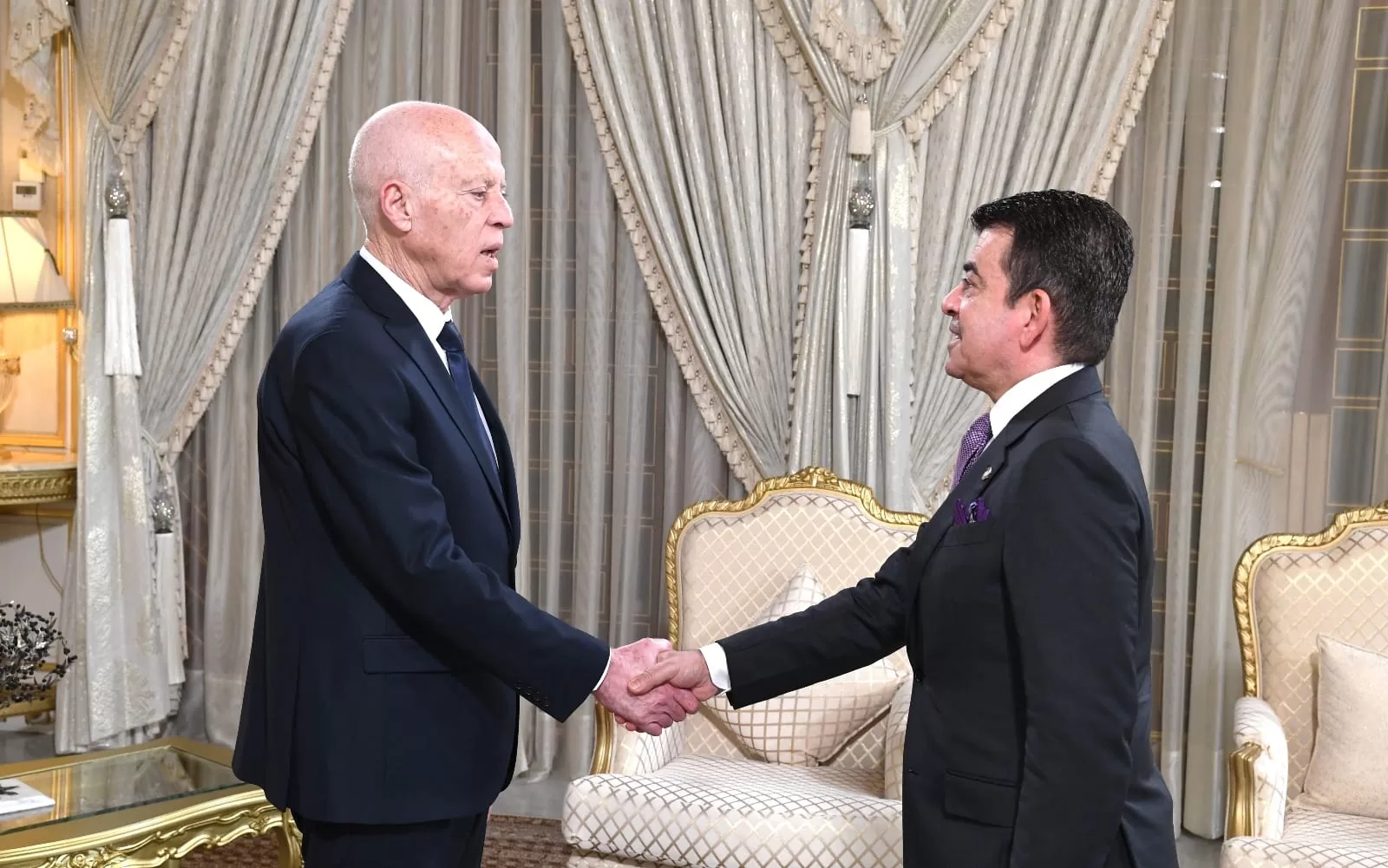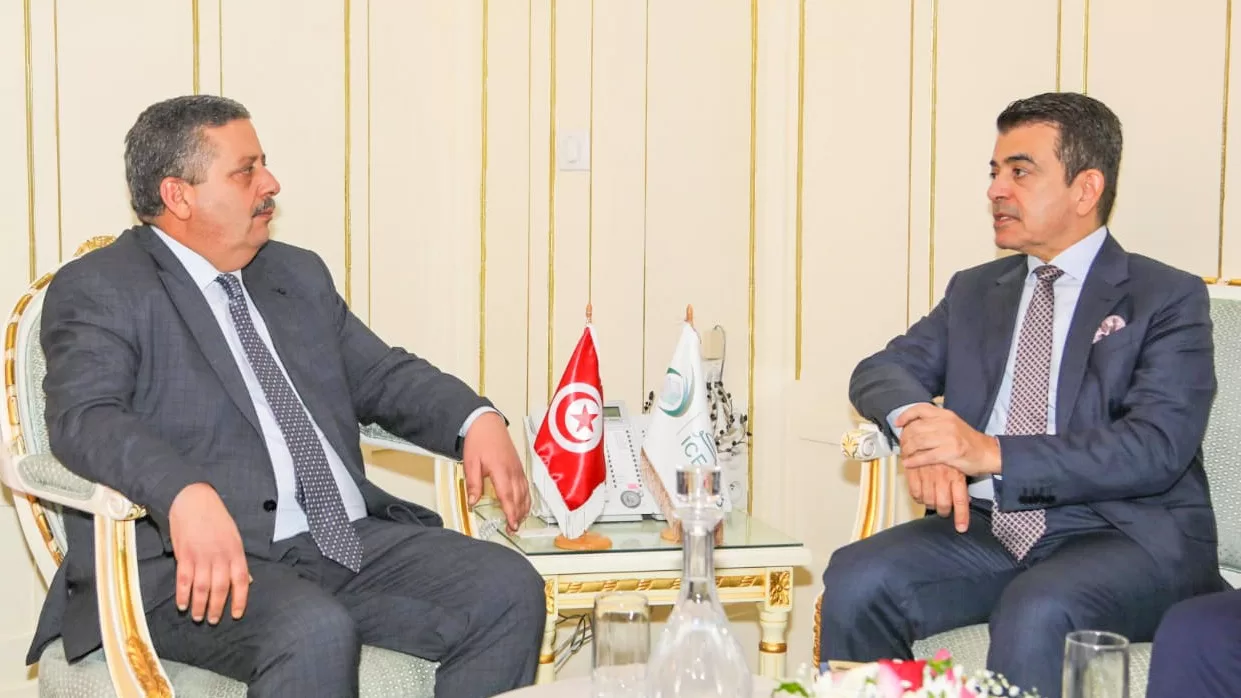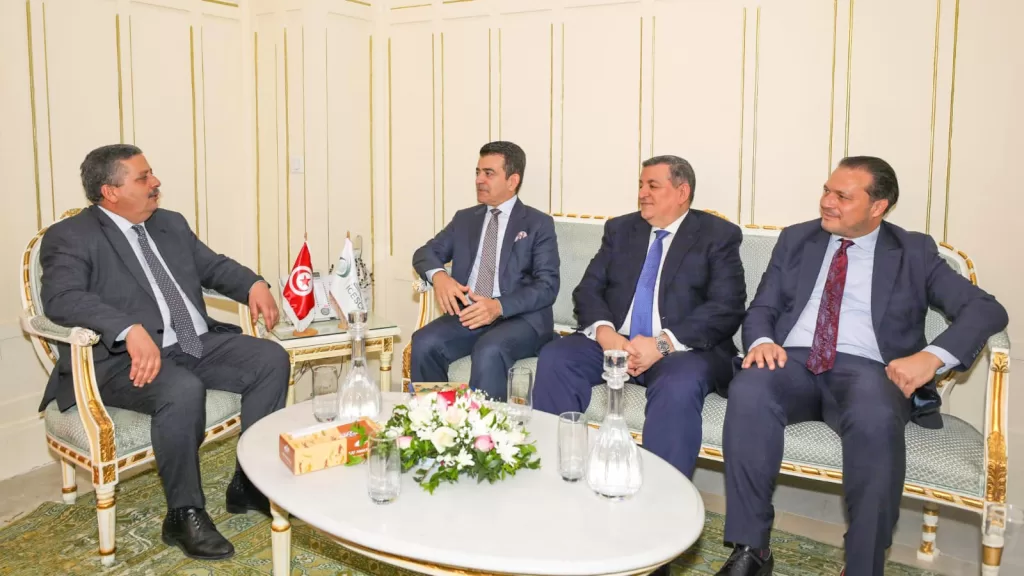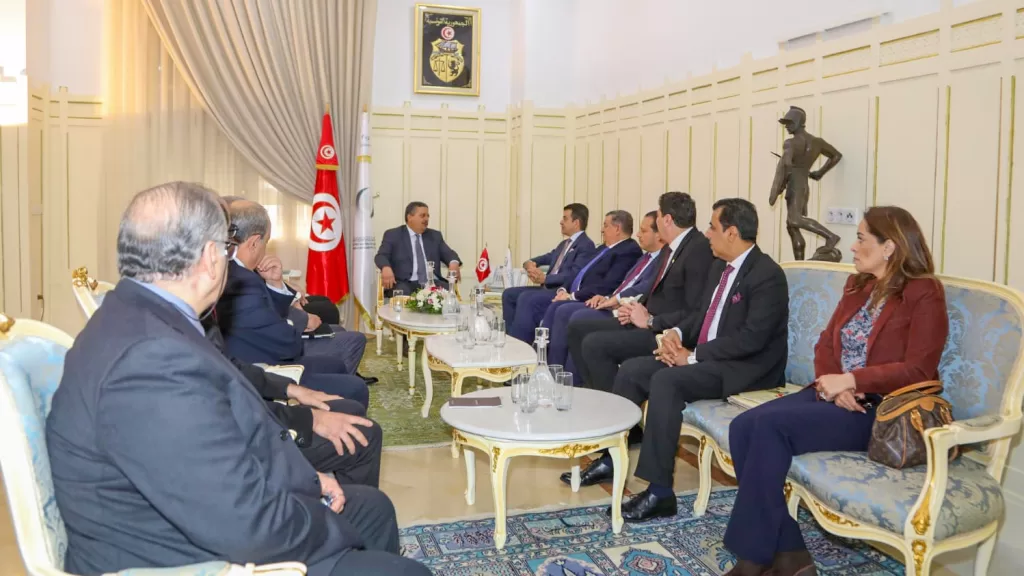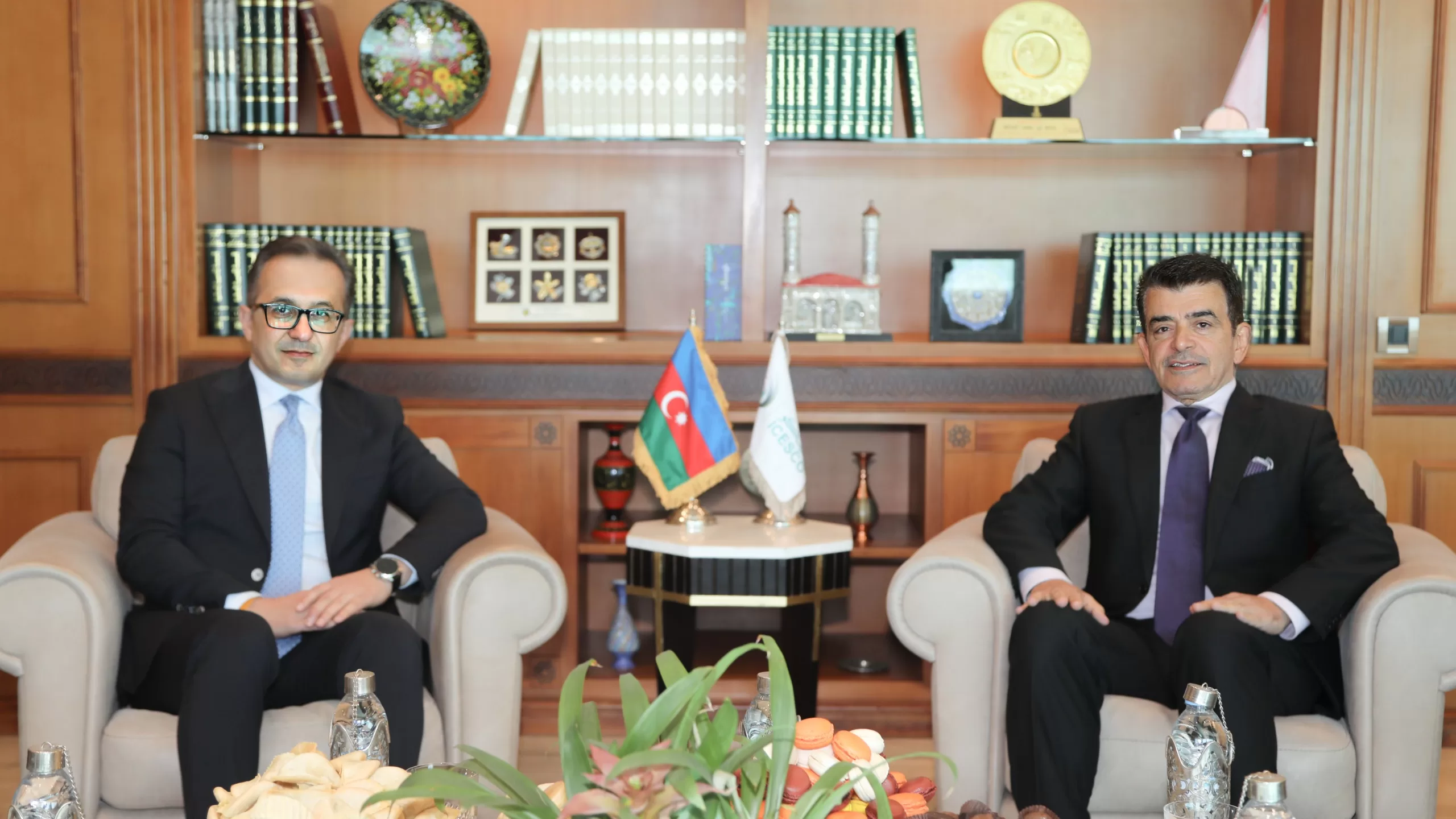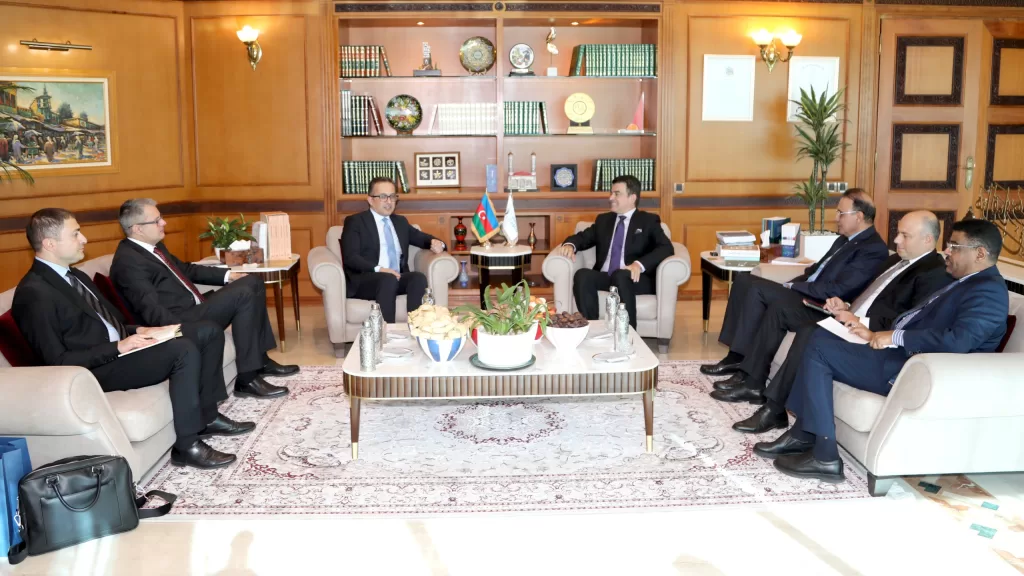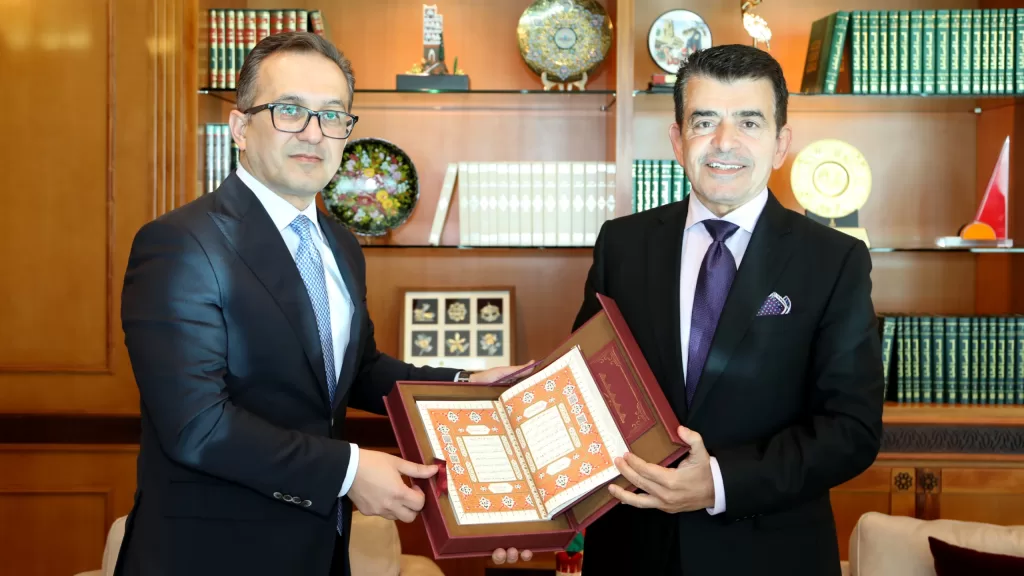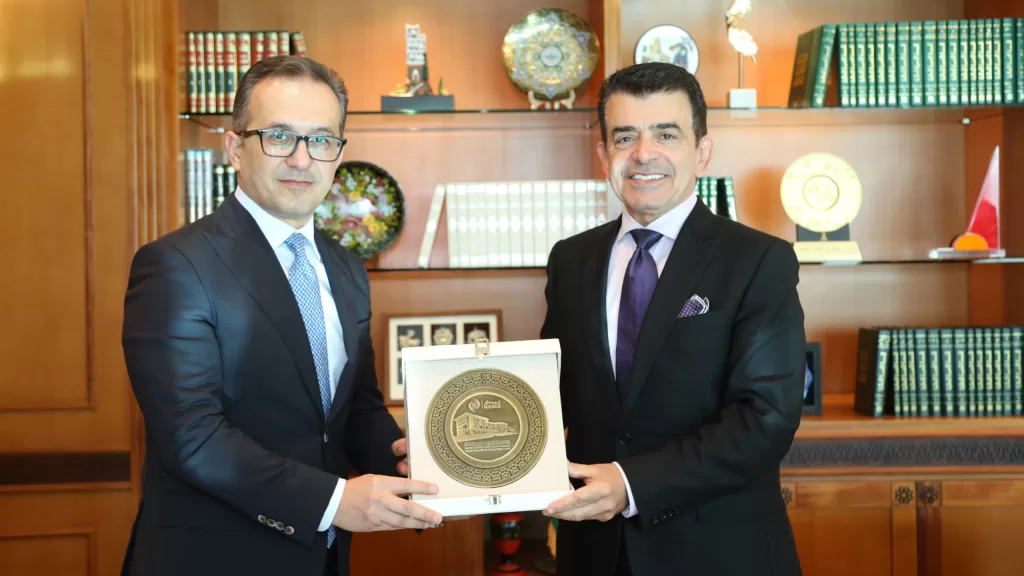The Islamic World Educational, Scientific and Cultural Organization (ICESCO) has concluded its program on training youth on how to start up and develop small businesses in the field of technology and innovation in the Republic of Cameroon. The program, implemented by ICESCO’s Science and Environment Sector in partnership with the business incubator Intellium, the Cameroonian National Commission for UNESCO and ICESCO, concluded with the announcement of the winning of three teams out of 15 and 62 participants at the national level.
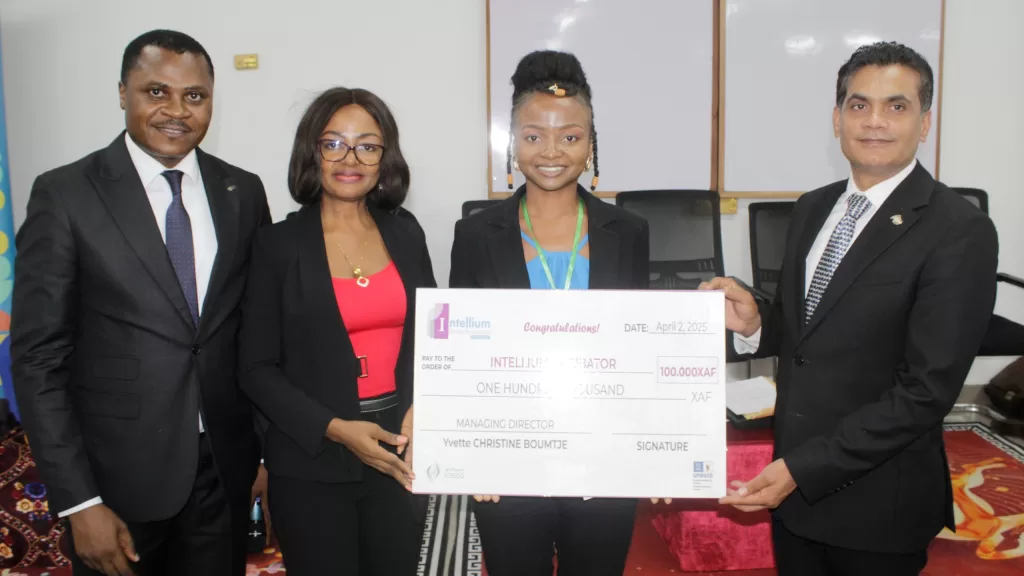
During the closing ceremony, held on April 2, 2025, in Douala, the competitors presented their technology project ideas to a jury headed by Mr. Isidore Bikoko, Chairman and Founder of Intellium Incubator, Dr. Muhammed Sharif, Advisor to ICESCO’s Science and Environment Sector, representatives of the Cameroonian National Commission for UNESCO and ICESCO, government officials, international investors, entrepreneurs, and experts.
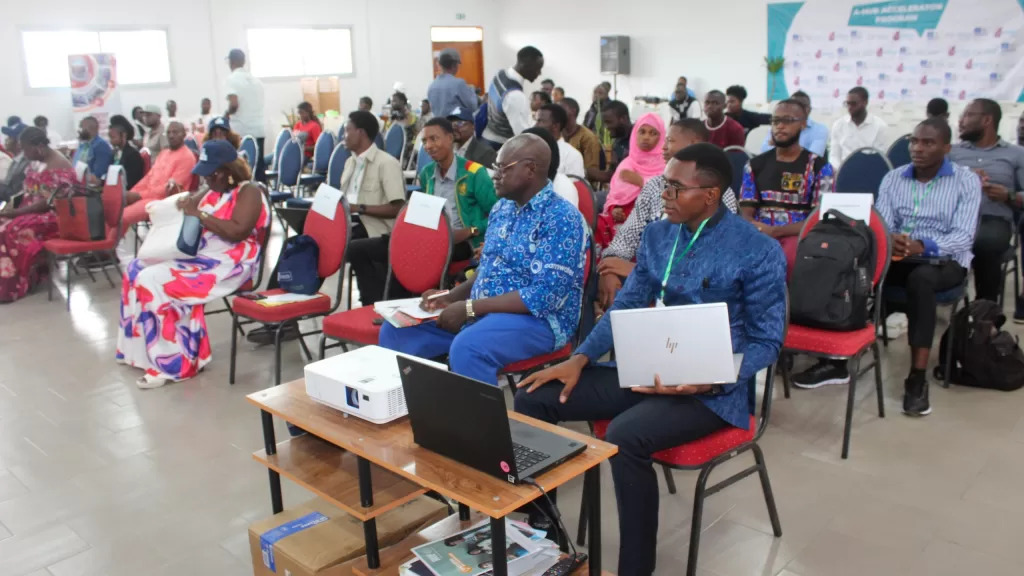
The jury announced the winning teams, with first place awarded to the MATT team, which presented a project to develop catering services through innovative logistics tools. Second place went to Agro Revolution, which focused on modernizing agricultural practices using smart production techniques, while third place went to Elikya Languages, a platform designed to revolutionize local language learning and preserve cultural heritage through technology-enabled methods.
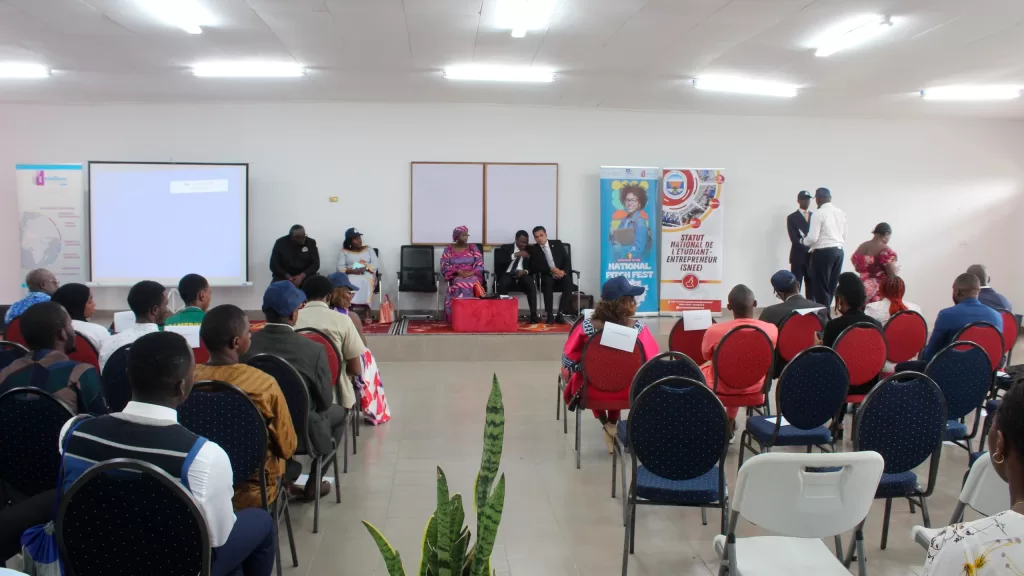
The Program, which is part of ICESCO’s strategy to support innovation and technology startups in its Member States and empower youth to lead sustainable change in their communities and beyond, offers 6–8 week specialized training courses and workshops.
